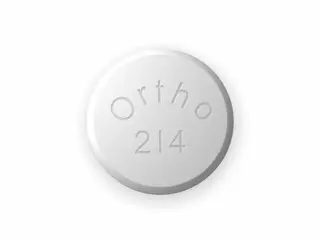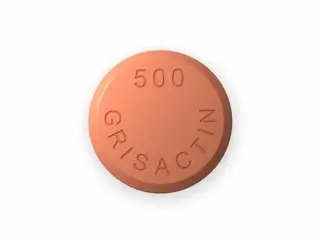Antifungal
Discover a wide range of effective antifungal treatments to quickly relieve infections and support healthy skin, nails, and scalp. Shop trusted brands for creams, sprays, ointments, and oral medications designed to eliminate fungal infections safely and efficiently. Fast-acting solutions available for athlete’s foot, ringworm, yeast infections, and more. Buy now for clear, healthy skin and lasting comfort.
The antifungal category includes medications designed to treat fungal infections. These infections may affect the skin, nails, mouth, throat, and other parts of the body. Fungal infections are common and can be uncomfortable or even serious. Choosing the right antifungal depends on the infection type and location. Here, we review some popular antifungal medications available in this category.
Diflucan (Fluconazole) is a widely used antifungal. It treats yeast infections, including vaginal and oral thrush. Diflucan works by stopping the growth of fungus. It is taken orally, usually as a single dose or a short course. This medication is known for its effectiveness and ease of use. Side effects are generally mild and may include nausea or headache. Diflucan is often prescribed for systemic fungal infections as well.
Grifulvin and Grifulvin V (Griseofulvin) are oral antifungals used primarily for fungal infections of the skin, hair, and nails. These infections, like ringworm and athlete’s foot, can be persistent. Griseofulvin works by interfering with fungal cell growth. Treatment duration is often longer, sometimes several weeks. Common side effects include stomach upset and headache. Grifulvin V is a microcrystalline formulation, believed to be absorbed better than traditional Grifulvin.
Grisactin is another option in the griseofulvin family. It’s commonly prescribed for dermatophyte infections. Grisactin may require prolonged treatment, especially for scalp or nail infections. It is important to follow the full course even if symptoms improve early. Side effects are similar to other griseofulvin products, including gastrointestinal discomfort and possible skin reactions.
Lamisil (Terbinafine) is a powerful antifungal often used to treat nail fungus and skin infections such as athlete’s foot. It works by killing fungus directly. Oral terbinafine is usually prescribed for nail infections and can last several weeks to months. Topical forms are available for skin infections with shorter treatment periods. Side effects are generally mild but can include taste disturbance and digestive issues. Lamisil is known for high cure rates in stubborn fungal infections.
Lotrisone combines a steroid (betamethasone) and an antifungal (clotrimazole). It treats fungal skin infections with inflammation and itching. The steroid reduces redness and swelling, while clotrimazole fights the fungus. Lotrisone is used for athlete’s foot, ringworm, and jock itch when inflammation is severe. It should be used with caution and for short periods to avoid steroid-related side effects like thinning of the skin. This cream provides fast symptom relief while combating the infection.
Nizoral (Ketoconazole) is a topical and oral antifungal. Topical Nizoral shampoos and creams are effective against dandruff, seborrheic dermatitis, and fungal skin infections. Oral ketoconazole treats more serious fungal infections but is less commonly prescribed due to potential liver toxicity. Nizoral works by impairing fungal cell membrane synthesis. Side effects of the topical form are usually minimal. Oral use requires monitoring liver function and is reserved for difficult cases.
Sporanox (Itraconazole) is a broad-spectrum oral antifungal. It treats nail infections, systemic fungal infections, and fungal infections resistant to other treatments. Itraconazole works by inhibiting the fungal cell membrane synthesis, leading to fungal cell death. Treatment is typically several weeks long. Side effects include nausea, headache, and liver enzyme changes. Sporanox offers an alternative when other antifungal medications fail or are not suitable.
Each medication serves specific types of fungal infections with varying treatment durations and methods. Oral antifungals like Diflucan, Grifulvin, Lamisil, and Sporanox are useful for systemic or nail infections that require longer treatment. Topical options such as Lotrisone, Nizoral, and Lamisil cream provide targeted treatment for skin infections and are often preferred for localized cases.
Patients should follow the prescribed treatment duration even if symptoms improve quickly. Stopping antifungal treatment early may cause infection recurrence. Side effects vary by medication and patient. Common mild effects include stomach upset, headache, and skin irritation. More severe reactions are rare but require immediate medical attention.
In conclusion, antifungal medications are diverse and tailored to specific types of fungal infections. Diflucan is a reliable choice for yeast infections. Griseofulvin products help with skin and nail fungi. Lamisil offers strong efficacy for nail and skin infections. Lotrisone uniquely addresses inflamed fungal skin conditions. Nizoral is good for scalp and skin fungi, while Sporanox provides broad coverage for resistant infections. Choosing the right antifungal depends on infection site, severity, and patient health status.









